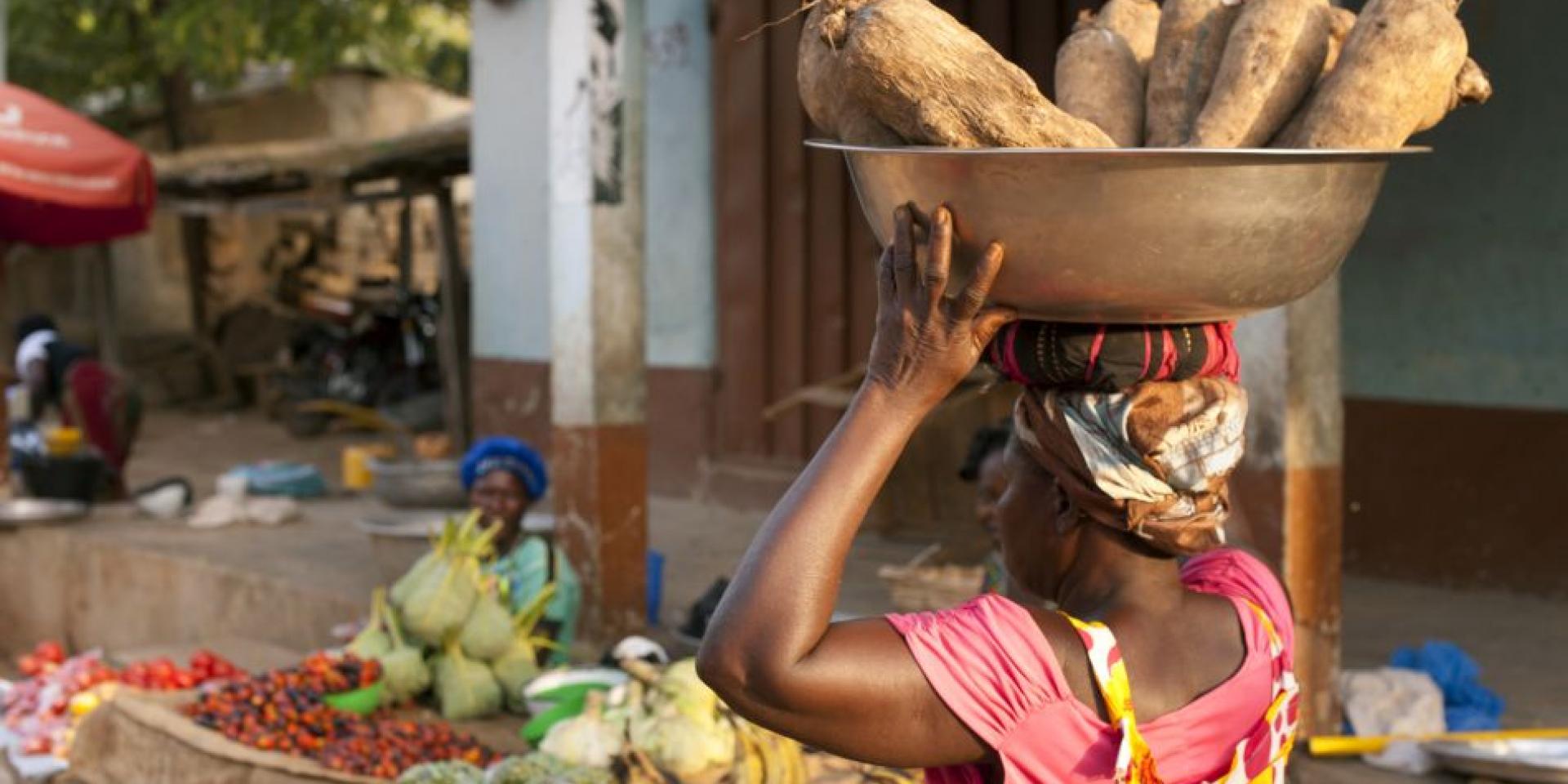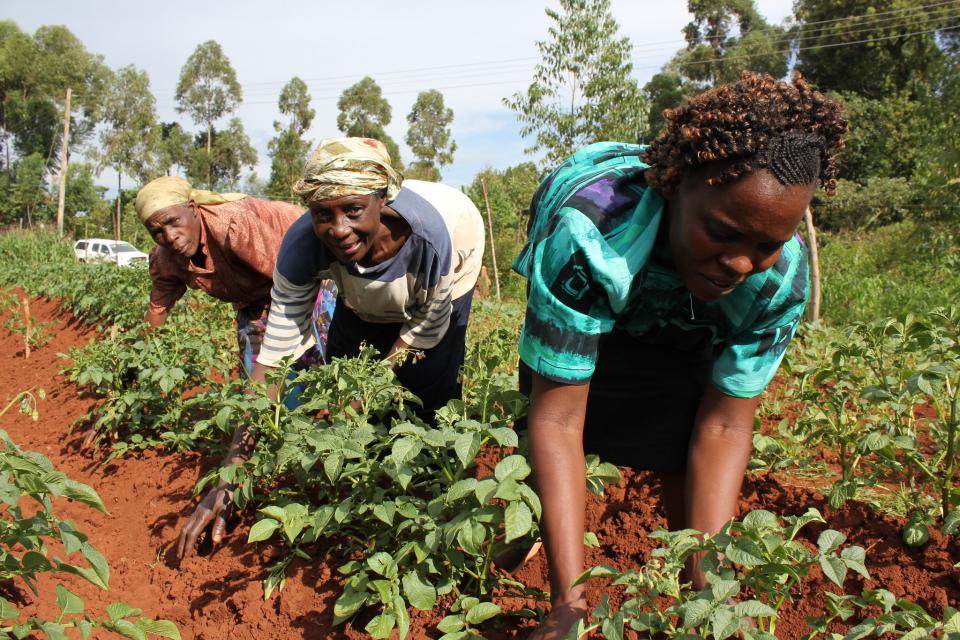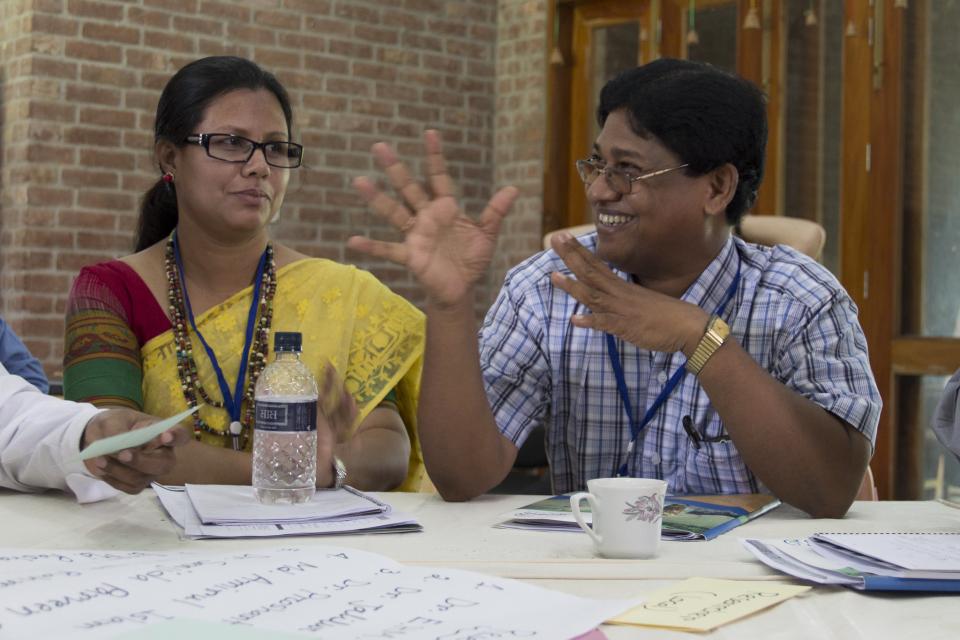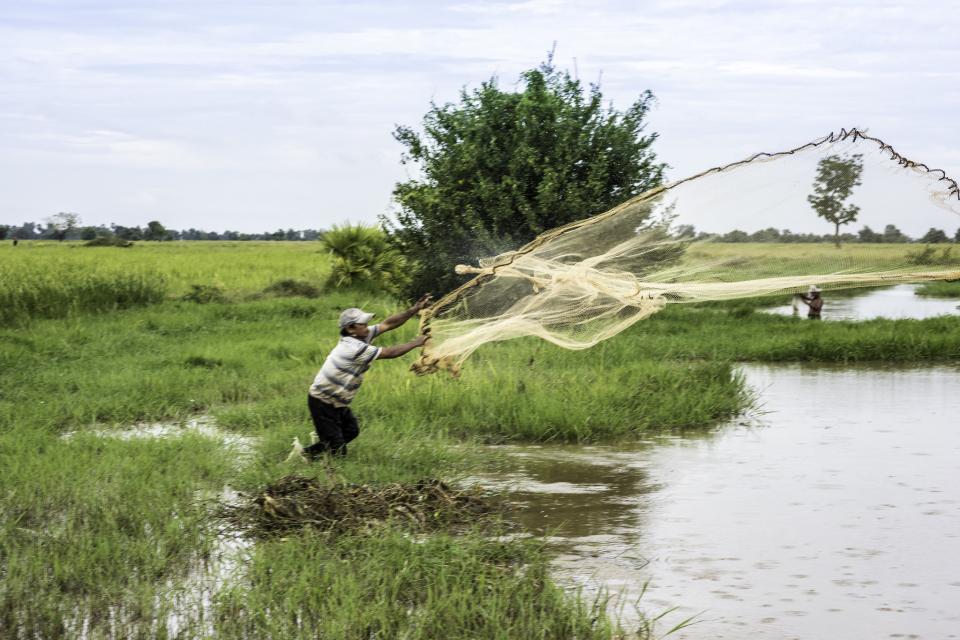Ukama Ustawi: Accelerating inclusive agribusiness in East and Southern Africa

Florence Okot is one of ten agribusiness entrepreneurs from East and Southern Africa selected by the Food Systems Accelerator Initiative of Ukama Ustawi to accelerate climate-smart innovations addressing key problems in food value chains. Florence has not had an easy childhood, having survived conflict and immense human insecurity. Her commitment to do agribusiness, as the Managing Director of a produce and food processing company named Yellow Star, is driven by her wish to speak out, especially as a woman working in a complex development environment.
This Initiative will train three successive cohorts of agri-entrepreneurs like Florence. Over 40% of the three cohorts (30 entrepreneurs) will be women, and 40% youth. Our decision to ensure that women are a significant part of this program is built on evidence generated in 2022 by Ukama Ustawi, that attention to gender equality and social inclusion is fundamental to transformative agribusiness in the region.
Over 45 billion US$ currently invested in agriculture in East and Southern Africa is at risk from increasing climate variability, with higher temperatures, shorter growing seasons, and extreme droughts and floods affecting the most marginalized smallholders, 60 percent of whom are women. Often the least able to adapt to and mitigate climate challenges and risks, women like Florence make up a third of all small and medium-sized enterprises (SMEs) in Africa – the largest number anywhere in the world. Yet gender gaps in both entrepreneurial growth opportunities and agriculture value chains actually makes agriculture a key driver of persistent gender inequality in Africa. The African continent is also on the cusp of a youth bulge. Around 100 million young people entering the workforce in Africa over the next 10 years will need to find work in agriculture. However, many of the same constraining factors faced by women – poor access to land, natural resources, infrastructure, finance, technology and knowledge – as well as low returns from much agricultural activity drive youth away from investing time and energy in food systems. But at the same time, youth engagement is critical from both a demographic and socio-economic perspective. Without their involvement, the future of agri-food systems in Africa looks very ropey indeed.


